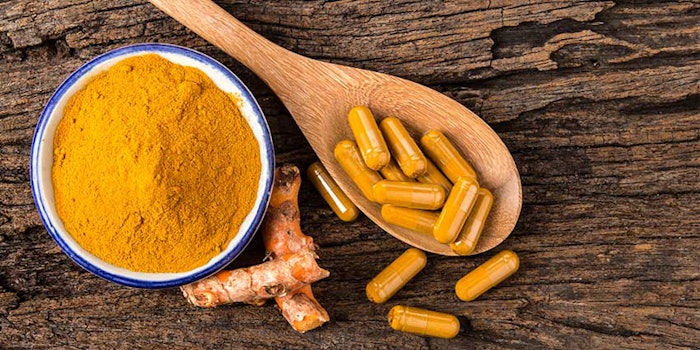
A recent peer-reviewed scientific article co-authored by the founder and chairman of Sabinsa, Muhammed Majeed, Ph.D., along with other scientists, reviews the possible role of curcumin in COVID-19 prevention with supporting evidence from existing literature.
Related: U.S. FDA Red Flags Careful Cents, LLC for COVID-19 Claims
The review summarizes the results from in silico and animal studies of curcumin on viral infections. Mentioned in the study, COVID-19 enters human cells through the ACE2 receptor by attaching its spike protein (S). Curcumin could partially prevent that entry as inferred from in silico docking studies.
A potential inhibitory effect on the main protease of the coronavirus is also reported in an in silico study. The multi-mechanistic modes of action are the forte of curcumin in various types of virus infections. The paper cites several studies wherein curcumin is effective in pulmonary inflammation, fibrosis and edema. The positive role of curcumin under the cytokine storm conditions during viral infections is also discussed. Cytokine storms are frequently cited in the most severe COVID-19 cases.
Previously: New Skin Benefits Published with Sabinsa’s pTeroWhite
The review touches on the recuperative actions of curcumin on cardiac and kidney functional damage caused by viral infections. Curcumin’s role in mitigating the acute respiratory distress syndrome (ARDS) during viral infections, as demonstrated in animal models, is also reviewed. The antioxidant and anti-inflammatory properties of curcumin are the basis of activity.
“We are pleased to see this meaningful assemblage of the relevant work on curcumin published at a time when prevention and strong immunity is on the minds of people around the world,” said Majeed. “While the world anxiously awaits a permanent solution to this pandemic, it’s helpful to understand how safe herbal compounds like curcumin can support healthy immune function.”
The full article can be accessed through Phytotherapy Research 2020.









